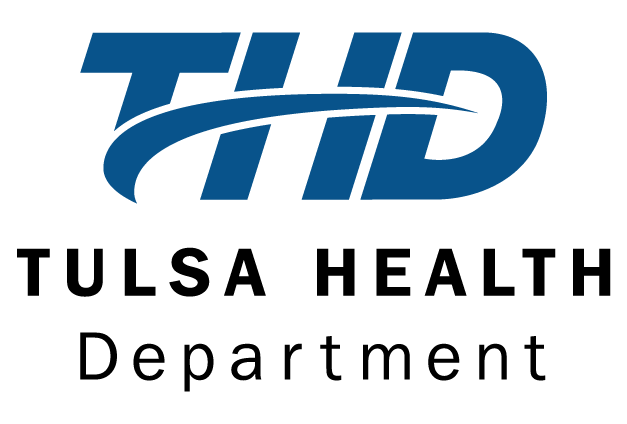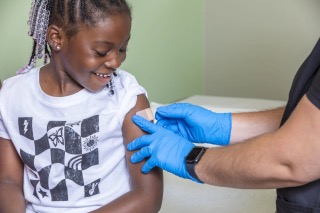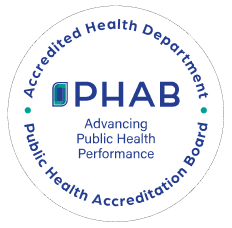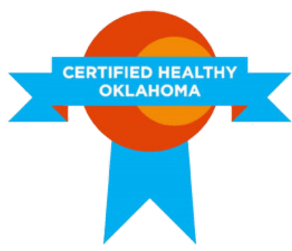TULSA, OK – [January 31, 2023] – In observance of National Birth Defects Awareness Month, public health officials with the Tulsa Health Department’s substance abuse prevention program along with the Coalition Against Prescription and Substance Abuse of Tulsa (CAPSAT) encourage prescription drug safety among people who are pregnant or considering becoming pregnant.
Opioid use during pregnancy can affect people and their babies. Pregnant people may use opioids as prescribed, may misuse prescription opioids, or may use illicit opioids such as heroin. It is important for people to be aware of the possible risks of opioid use during pregnancy, as well as treatment options including medications for opioid use disorder.
“It’s important to talk to your doctor about any medications you are taking, whether they have been prescribed to you or not,” said THD Substance Abuse Prevention Coordinator Matthew Condley. “Your provider can develop a treatment plan that can help increase the chances of a healthy pregnancy.”
According to the U. S. Centers for Disease Control and Prevention, opioid use disorder among pregnant women is a significant public health concern in the United States. The number of pregnant women with opioid use disorder at labor and delivery more than quadrupled from 1999 to 2014, according to a recent CDC analysis.
“Opioid use disorder during pregnancy has been linked to neonatal abstinence syndrome in some newborns, which is a group of conditions that can occur when newborns withdraw from certain substances they were exposed to before birth,” said Condley. “It is very important to tell your nurse and your baby’s doctors about all medicines and drug used during your pregnancy.”
Pregnant people who develop a substance abuse disorder often experience additional stigma as their use has the potential to cause fetal harm, calling into question their maternal fitness and often leading to punitive responses. Due to the extreme stigma that pregnant and parenting women with substance abuse disorder experience, a significant majority fear detection of their substance use, especially at the time of delivery, leading to child removal. To avoid detection, women often socially isolate during their pregnancy, deny being pregnant, and avoid seeking medical care.
Locally, the Oklahoma Neonatal Abstinence Syndrome Project at the National Center for Wellness & Recovery at Oklahoma State University Center for Health Sciences is using many tools and proven approaches to educate family members, caregivers, health care providers, child welfare and criminal justice professionals, and the public to increase their understanding of substance use disorder as a chronic brain disorder.
The team often uses community events, focus groups, town hall meetings, social media interactions and other communication strategies to disseminate information.
“It’s important for people to know they do not have to face their struggles alone, and there are resources to help,” said Condley.
The National Maternal Mental Health Hotline provides 24/7, free, confidential support, resources, and referrals to any pregnant and postpartum mothers facing mental health challenges and their loved ones, via phone and text in English and Spanish. Call or text 1-833-943-5746 (1-833-9-HELP4MOMS.)
For more information about the Tulsa Health Department’s substance abuse prevention program or the Coalition Against Prescription and Substance Abuse of Tulsa, please call 918-582-9355 or visit www.tulsa-health.org.
# # #






